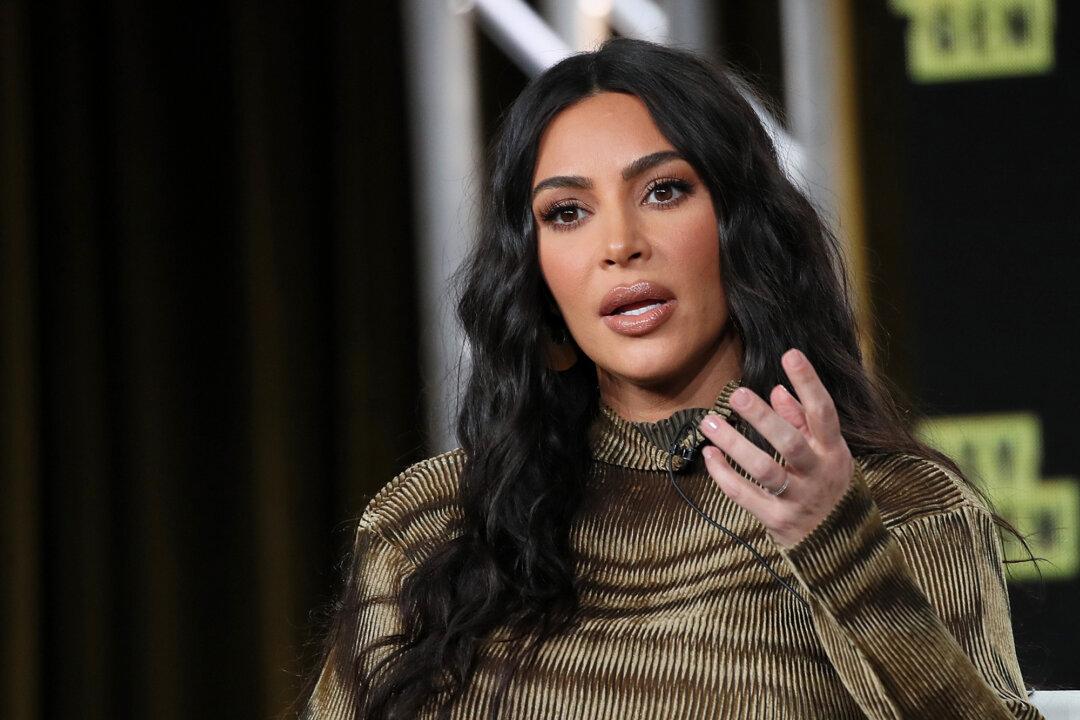Beyond Meat announced on Tuesday that it would be launching a new campaign with Kim Kardashian, who will be joining the company as “chief taste consultant.”
Kardashian appeared in a promotional video to announce her new partnership with the company, in which she is expected to make regular contributions to Beyond Meat’s newsletter with “exclusive offers, recipes, content, and more,” the company promises.





